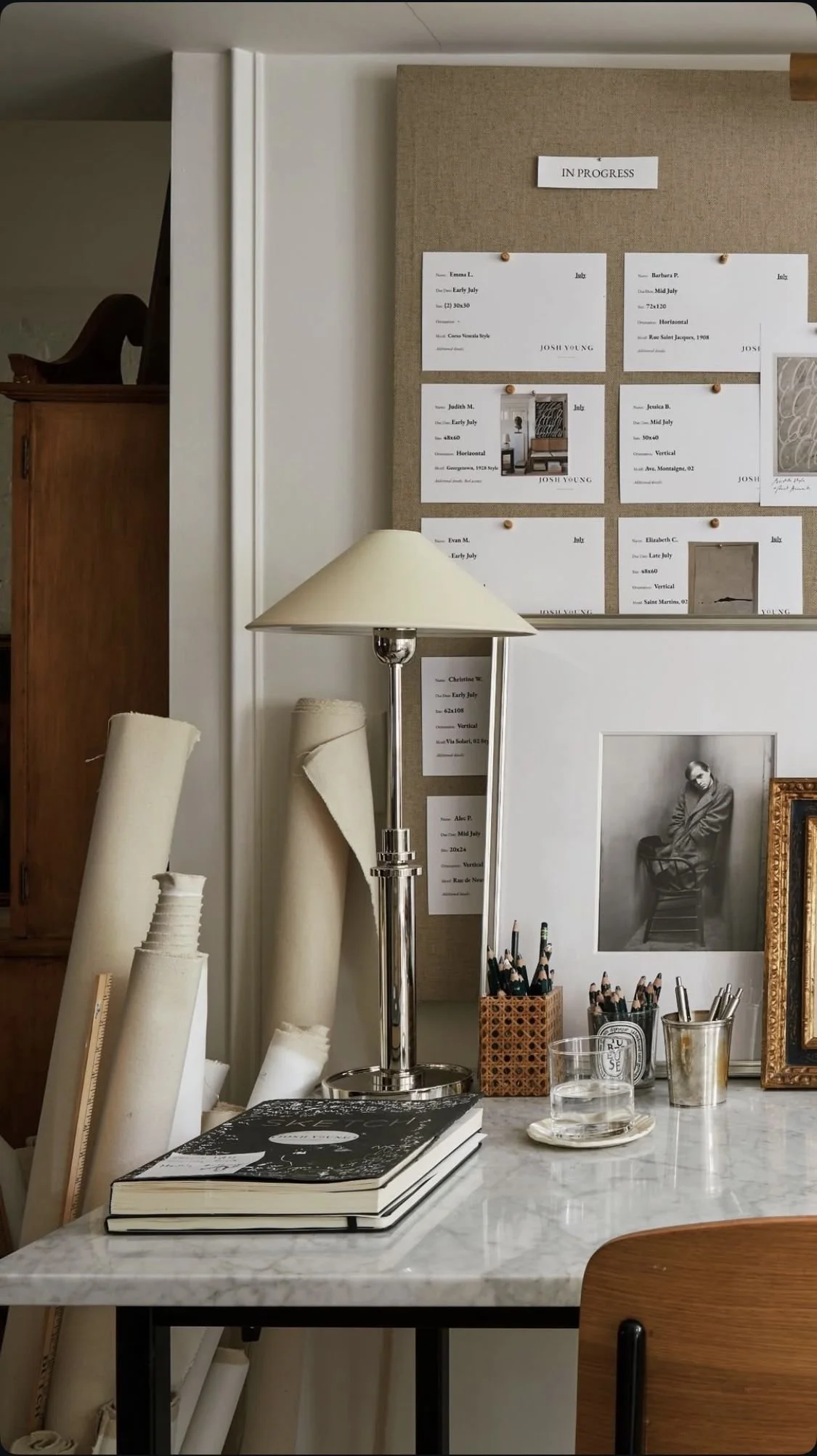How to Maintain Your Lifestyle While Becoming Debt-Free
Becoming free of debt is a long process and requires a lot of compromises and cutbacks on parts of your lifestyle. However, that doesn’t mean you can’t maintain most of your lifestyle as you pay off debt. It’s all a matter of planning, the topic we’ll discuss in this article. Let’s begin.
Evaluate your spending habits
It’s too familiar to hear the financial advice that when you’re struggling with debt, you might eliminate all pleasures from your life until you pay off your debts. However, that’s not a life worth living in that case. What your process should be in your aim to become debt-free is to support your lifestyle while paying off your debts.
That doesn’t mean you can keep doing whatever you’re doing, and your debt will eventually (and maybe even magically) be paid off. If you want to be free of debt sooner, it’s a good idea to be more mindful and truthful about your spending habits.
Being dishonest and overly lenient with yourself will not do you any favors. The longer you’re in debt, the harder it will be for you to afford all of your pleasures in life; that’s why it’s a good idea to take a hard look at your spending habits.
A glance at it isn’t enough, either. Track your expenses for a few months to see what you regularly spend your money on. That will let you quickly see an overview of what expenses are non-negotiables and which ones you can try changing.
Create a realistic budget and stick to it
Once you’ve tracked your spending habits, it will be much easier to do this next tip: create a realistic budget. The key to setting a realistic budget is to see your spending. The key here is that you don’t want to be so stringent on yourself from the start, mainly when you’re used to the lifestyle you have at first.
Since you already have a good idea of your spending habits, you can easily create a budget that will allow you to enjoy your lifestyle. Again, don’t be too lenient with yourself. Consider cutting out unnecessary expenditures whenever possible. You can also try making early repayments.
A realistic budget should also be something that you can stick to. Having an accountability buddy can help with that. You can even hire a financial planner to make it easier to keep yourself accountable.
Customize your payments
Looking up budgeting tips and templates online is fine, but remember that everyone’s situation differs. It would help if you customized the budgeting templates, apps, and recommendations based on your situation. If it doesn’t work for you, then it doesn’t work. Find a better budgeting approach.
Also, some expenses might be non-essential to others, but they are to you, and vice versa. Accommodating your lifestyle into your budget planning instead of pushing it to fit your budget preference is better and more accessible to stick to.
Another way to customize your approach to your finances is by knowing your strengths and weaknesses. If you had cash, you’d be more likely to spend it. If that’s the case, then creating a savings account that you can’t touch and you didn't connect to any online shopping accounts is something you should get.
Pay more than the minimum required amount
Your repayments need to be a minimum amount with your debt. If you have the extra budget, consider paying more than the minimum required amount for each repayment to pay off your debt faster. This approach is best when you’re only dealing with little to no debt at a time.
Paying more than the minimum requirement shortens your debt repayment timeline and brings you closer to being debt-free. Just make sure that your debt conditions allow you to do that. For example, with some mortgages, there are overpayment allowances that you have to be aware of so that you don’t go over those limits.
Also, depending again on the terms of your debt, sometimes an overpayment is more beneficial if you make it a lump sum annually rather than monthly. Looking into these conditions can help you determine the most helpful overpayment approach for your debt.
Other than in exceptional cases, there’s usually no penalty when you make an overpayment, so consider doing that whenever possible.
Consider consolidating your debt
Consolidating debt is a practical option for people with multiple debts. This step involves combining all your debts so you don’t have to consider the different debt repayment deadlines, manage different interest rates, etc. You can pay off all of your debts with one repayment.
You usually do this by taking on a different creditor with more favorable interest rates who will take on the debt for you. Of course, it’s still best to be mindful of whether this option is best for you, as not everyone’s debt situation is the same.
If you don’t know how to consolidate your debt or whether it’s even suitable for you in the first place, you can consult debt professionals like Money Max. Look through Money Max account reviews to see if their services suit your needs.
Ideally, you should shop around with different creditors first until you find one with the most favorable terms and conditions. Once you've consolidated your debts, it’s easier to remember debt repayments since they’re all in one go.
Apply the snowball approach
One debt repayment strategy that has worked for many people is the snowball method. This approach is about paying off the smallest debt before moving on to the most considerable amount of money you owe.
When you finish paying off the smallest debt, you can roll over the payment dedicated to that debt and add it to the repayment next to it. This approach rewards you for paying off debts one after the other.
Avoid taking on new debt
If your debts are already affecting your lifestyle in a way you don’t like, then that’s a sign that taking on new debt is the last thing you should do.
Knowing your financial limits, even when you know you’re responsible enough to pay off debts, can help you avoid digging too deep into debt until it’s harder to crawl out of it. Paying one debt is bad enough, but multiple debts simultaneously are even more challenging. Therefore, if you want to maintain your lifestyle, it’s best to limit new debt.
Incorporate fun expenses into your budget plan
As mentioned earlier, part of creating a realistic budget isn’t about having zero joys in life. It’s about knowing yourself and what you won’t compromise on. That’s why your budgeting plan should include expenses that bring joy to your life.
For example, dining out once a month shouldn’t be the catalyst to financial ruin if you know what you’re doing. So, incorporate that into your budgeting. That way, when you dine out, you won’t feel stressed and guilty for doing these simple pleasures.
With these tips, you should maintain a lifestyle you enjoy while still managing debts and paying them off whenever possible. If you plan on being better with your debt management, consider these practices so that a debt-free life can come sooner without making the journey there too much misery.




